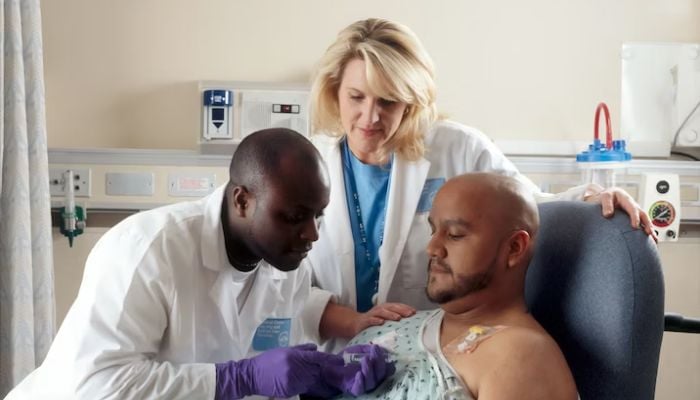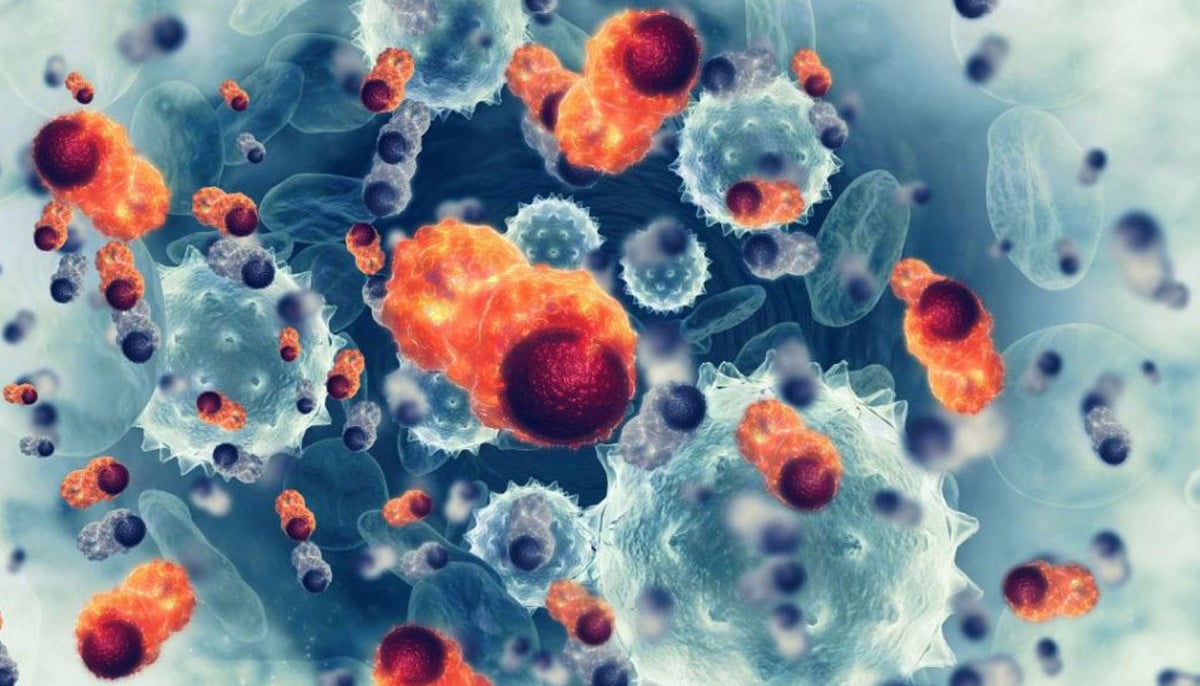Most men 'delay treatment' for prostate cancer
First signs of prostate cancer might not be clear which is why regular prostate cancer screening is important for men over the age of 50
An increasing number of Americans with early-stage prostate cancer have postponed surgery and radiation therapy, findings of a recent study showed.
Instead, many American men with low- or intermediate-risk prostate cancer are choosing "active surveillance," in which the evolution of their condition is closely watched for any signs that might eventually call for treatment.
The researchers of the new study discovered a dramatic increase from 16% to about 60% in the number of low-risk prostate cancer patients who have chosen active surveillance over rapid treatment since 2010.
The trend, according to study lead author Dr Bashir Al Hussein Al Awamlh, a urologic oncology fellow at Vanderbilt University Medical Centre in Nashville, Tennessee, appears to be due to the fact that "professional societies have advocated for active surveillance of low-risk cancers for over a decade now."
"The theory behind active surveillance is that some cancers have a low potential to spread outside of the prostate and are non-lethal," Al Hussein Al Awamlh noted. In such cases, immediate treatment is not necessary.
According to studies, during a ten-year period, around half of all low- and intermediate-risk patients who opt for surveillance over therapy will ultimately require treatment, he said.
The main goal of the researchers is to make sure patients avoid the side effects of radiation treatments, especially on urinary and sexual function.
Dr Yaw Nyame, an assistant professor in the department of urology at the University of Washington School of Medicine, in Seattle said he "always likes to remind folks that all of our treatments that are confined to the prostate have the potential to impact a patient's quality of life, by impacting urinary function, bowel function and sexual function."
First signs of prostate cancer
Prostate cancer may not cause any symptoms in its early stages, which is why regular prostate cancer screening is important for men over the age of 50. However, when symptoms do occur, they can include:
- Urinary problems: Increased frequency of urination, especially at night; difficulty starting or stopping urine flow; weak or interrupted urine flow; and pain or burning during urination.
- Blood in the urine or semen: This can be a sign of prostate cancer or other conditions, so it's important to see a doctor if you notice blood.
- Pain or discomfort: In the pelvic area, lower back, hips, or thighs.
- Erectile dysfunction: Difficulty getting or maintaining an erection.
If you experience any of these symptoms, it's important to see a doctor as soon as possible. However, it's worth noting that these symptoms can also be caused by other conditions that are not related to prostate cancer, so a doctor's examination is necessary for an accurate diagnosis.
-
Simple 'finger test' unveils lung cancer diagnosis
-
Groundbreaking treatment for sepsis emerges in new study
-
All you need to know guide to rosacea
-
Prevent cancer with these simple lifestyle changes
-
Experts reveal keto diet as key to treating depression
-
Skipping breakfast? Here are some reasons why you shouldn't
-
Sciences reveals shocking body response against heart attack
-
Anti-inflammatory teas to keep your gut balanced












